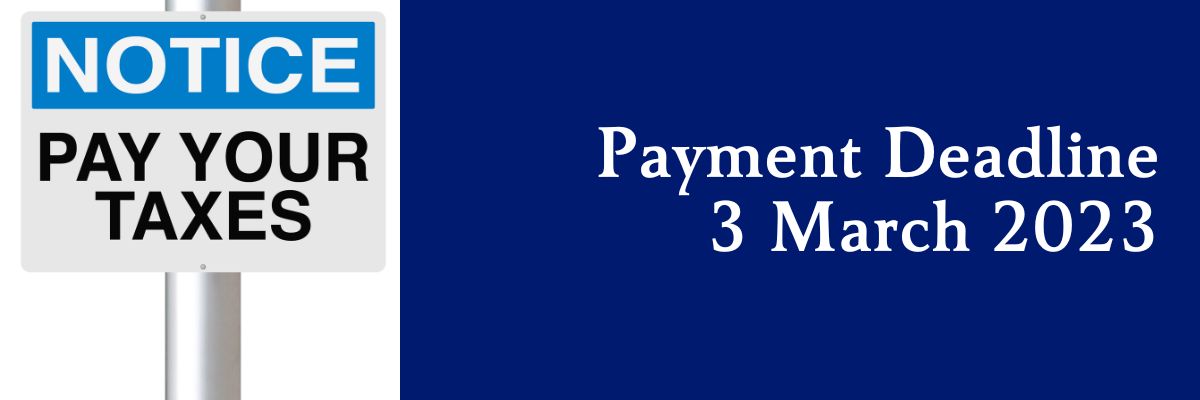Pay tax to avoid interest and penalties

There is now less than a week to pay 2021/22 self-assessment tax bills or face a penalty equal to 5% of the outstanding tax.
Friday 3 March is the final deadline to settle any outstanding tax charges for 2021/22. They include:
- any income tax for 2021/22 which you have not already paid under PAYE or via payments on account
- capital gains tax for 2021/22 which you have not already paid to HMRC, such as via 60-day reporting
- class 2 or 4 National Insurance contributions for 2021/22
- student loan repayments for 2021/22 which have not already been collected via PAYE
The first late payment penalty is calculated at 5% of the amount for 2021/22 still outstanding on 3 March 2023.
If you agree a time to pay arrangement with HMRC and do not make the payments on time as agreed, HMRC may charge late payment penalties as if the arrangement never existed.
The rate of interest on late payments has seen a substantial increase than in recent years, from 21 February 2023, the rate stands at 6.5%. There is also no right of appeal against late payment interest. You can read more about the increase to the late payment penalties here.
What if I can’t afford to pay?
It is possible to set up a time to pay arrangement to spread the repayment costs, however this must also be done by the deadline 3 March, you can read more about setting this up here.
Can I appeal late payment penalties?
Yes. You can appeal late payment penalties if you have a reasonable excuse for not making the payment by the payment deadline (that is, by 31 January 2023 – not 2 March 2023).
HMRC define a reasonable excuse as something which means you did not meet an obligation which you took care to meet. For example, you may have taken all reasonable action to ensure the payment is made on time, but a banking error beyond your control meant that HMRC did not receive the payment.
For your appeal to be successful, you must ensure the payment is made without unreasonable delay after the reasonable excuse ended.
Insufficiency of funds or inability to pay is not deemed a reasonable excuse however the underlying causes may be. HMRC provide an example in their Compliance Handbook which can be read here.
If you are unable to pay any tax bill, we would always advise you to speak to HMRC as soon as possible. We can also offer support and if you have any questions about any of the above information, please get in touch, we’re here to help.


